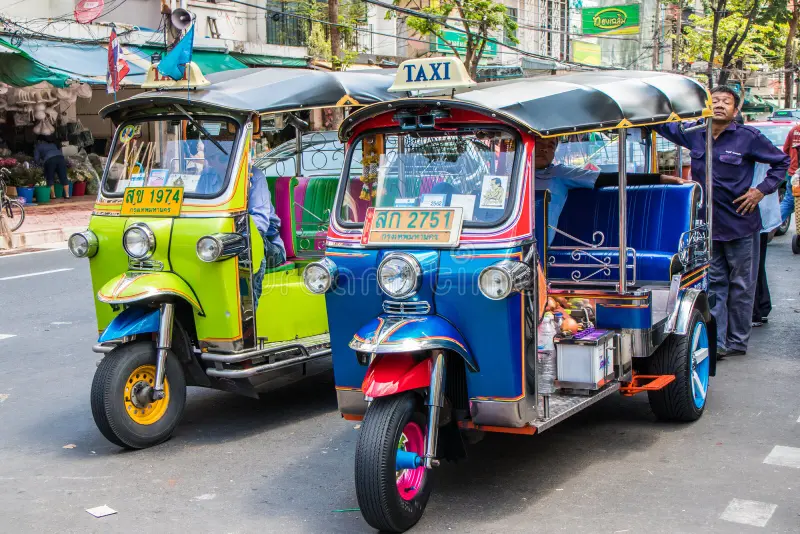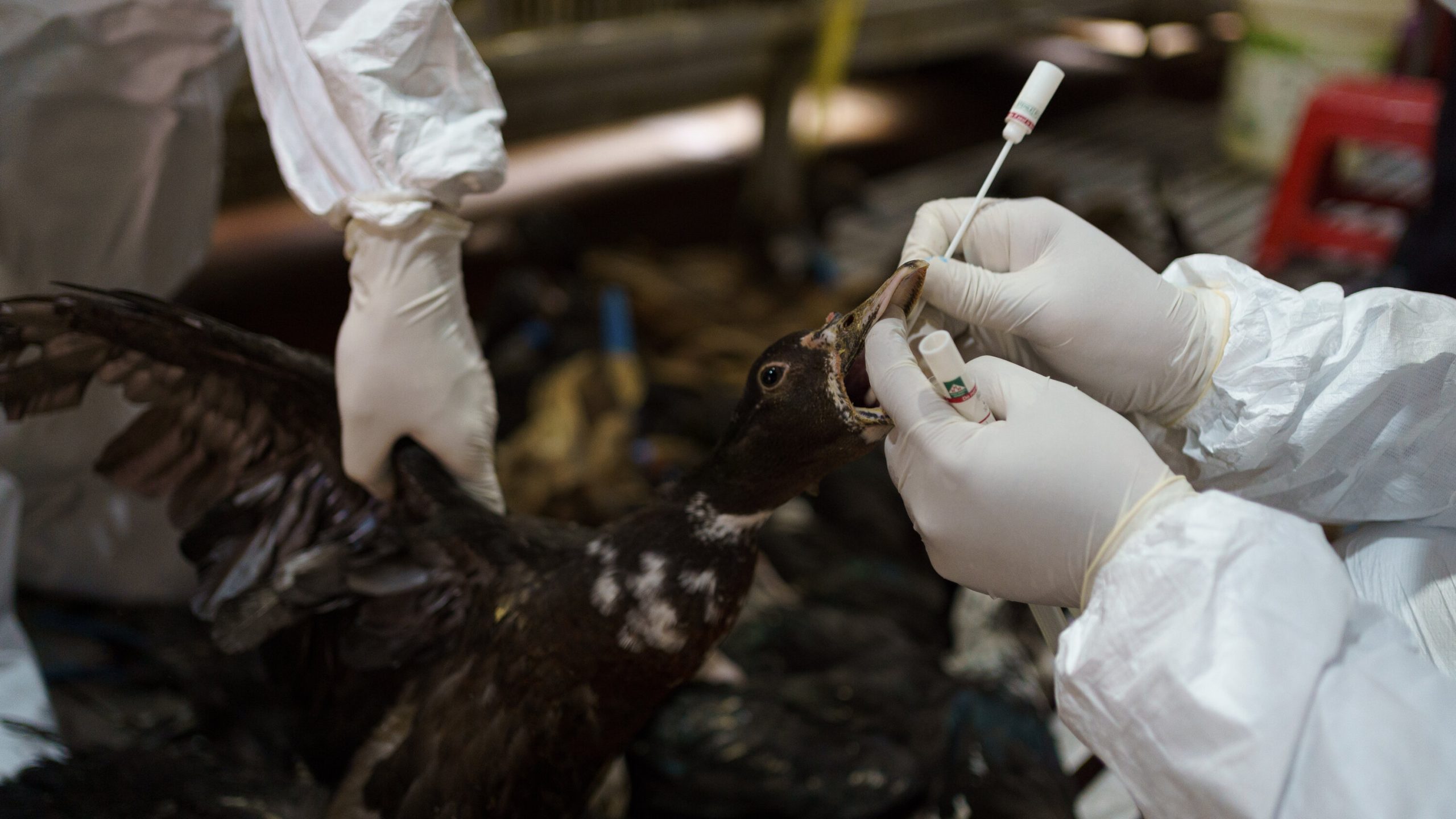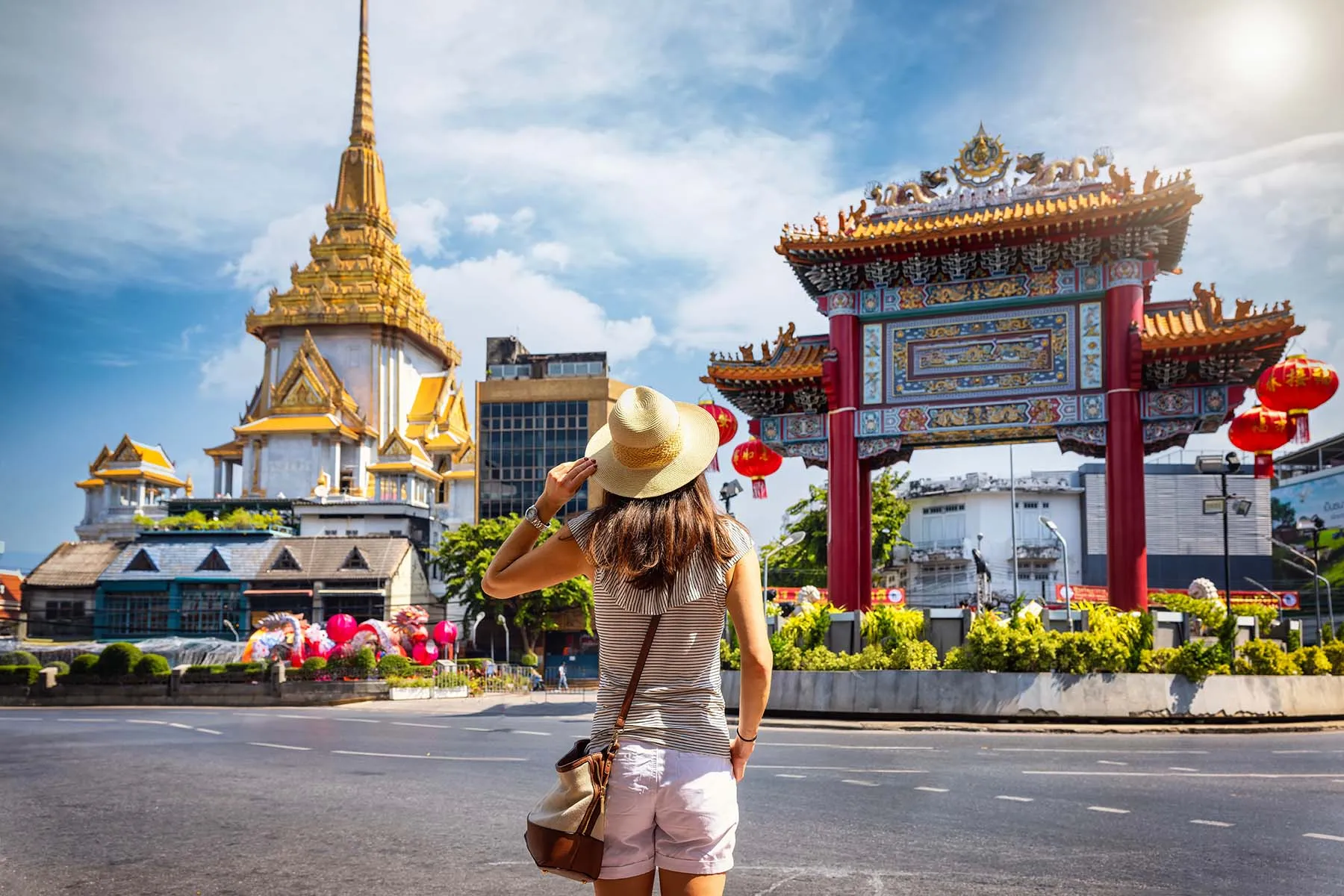Metropolitan Police Bureau Implements New Regulations
The Metropolitan Police Bureau (MPB) has announced new speed limits for drivers in Bangkok, aimed at improving traffic discipline and reducing road accidents. Effective immediately, the maximum speed limit is now set at 60 kilometers per hour on most roads throughout the city, with a lower limit of 50 kilometers per hour near the Grand Palace.
Details of the New Speed Limits
According to the MPB’s regulation published in the Royal Gazette, the new speed limits are designed to enhance safety, particularly in residential areas. The updated limits took effect on December 24, 2024.
- General Speed Limit: The new 60 kph speed limit applies to all roads except for 13 major thoroughfares that have been exempted from this regulation.
Major Roads Exempt from New Speed Limits
List of Exempt Roads
The following major roads will maintain their existing speed limits and are exempt from the new regulations:
- Vibhavadi Rangsit Road
- Bang Na-Trat Road
- Srinakarin Road
- Phahon Yothin Road
- Ram Intra Road
- Ratchaphruek Road
- Baromratchonnanee Road
- Kanlapaphruek Road
- Rom Klao Road
- Suwinthawong Road
- Chaengwattana Road
- Rama III Road
- Srinakarin-Rom Klao Road (new)
Special Speed Limits Near the Grand Palace
Reduced Speed Limit and Additional Regulations
In areas surrounding the Grand Palace, a stricter speed limit of 50 kph has been implemented. Additionally, there is a “no honking of horns” rule in effect to maintain a peaceful environment in this historic area.The roads affected by this reduced speed limit include:
- Ratchadamnoen Nai Road
- Na Phra That Road
- Prachan Road
- Na Phra Lan Road
- Sanam Chai Road
- Kalayana Maitri Road
- Thai Wang Road
- Maha Rat Road
- Rachini Road
- Setthakan Road
Enhancing Traffic Safety in Bangkok
The introduction of new speed limits by the Metropolitan Police Bureau is a proactive step towards improving road safety in Bangkok. By enforcing these regulations, authorities aim to create a safer driving environment for all motorists and pedestrians. Drivers are encouraged to adhere to these new limits to help reduce accidents and ensure a more disciplined traffic flow throughout the city.









